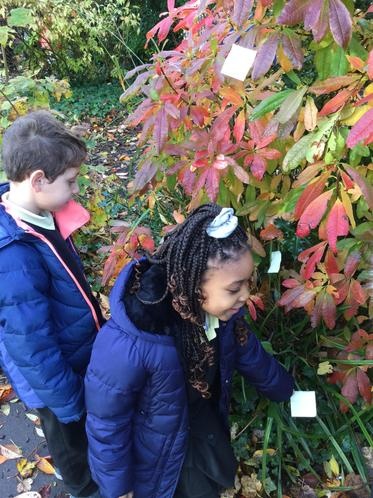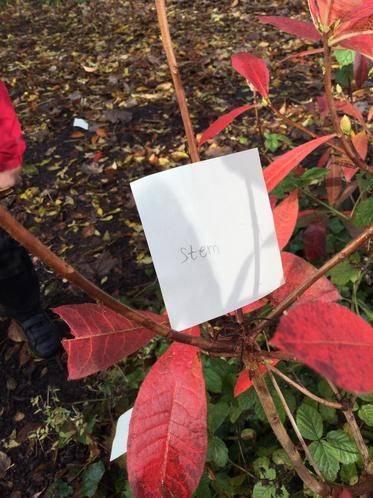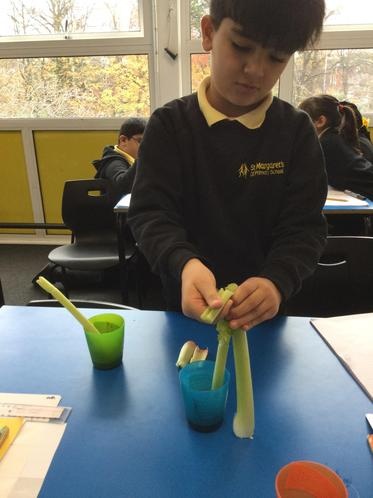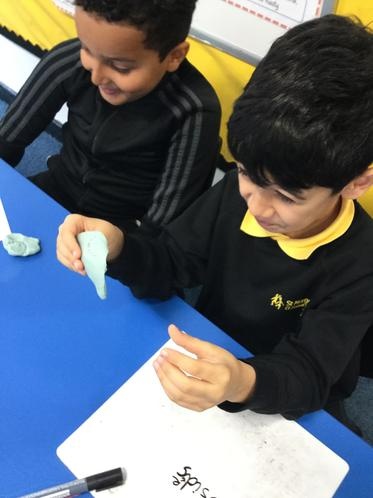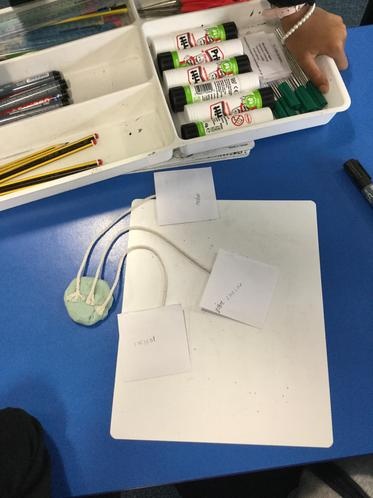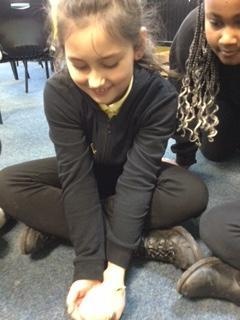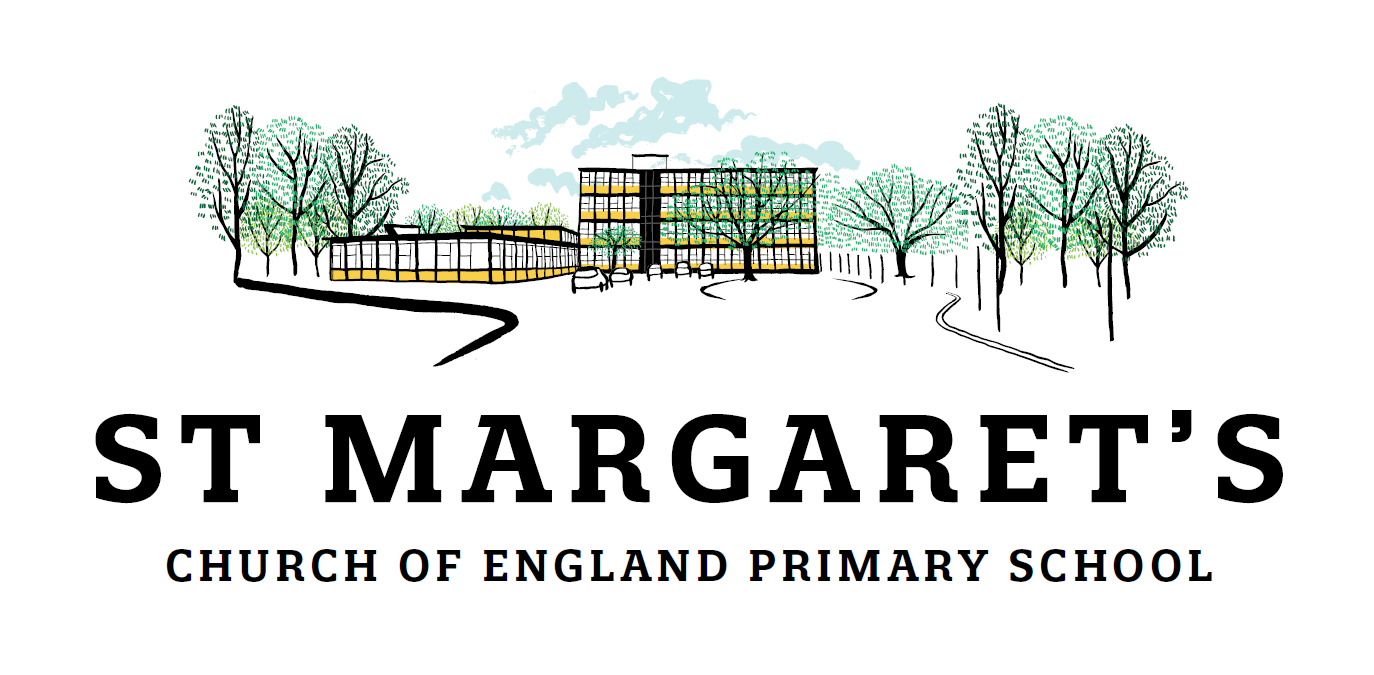
St Margaret's Church of England Primary School
Science
Science Intent
Our science scheme of work is knowledge-based but we have placed skills, and in particular, working scientifically, at the heart of scheme. We have planned in community projects and visits to make the science curriculum as real to the children as possible.
We have gone further than the requirements of the National Curriculum to build a scheme of work that is ambitious but give our children a world perspective, for example, by incorporating famous scientists into the scheme of work. The needs of our children mean that we have made reading, language and vocabulary development to be key features of our curriculum. The subject has been designed and planned to give children the knowledge and skills that they need for later life such as: questioning, problem solving, freethinking, resilience, confidence and presenting skills and curiosity.
In science we have planned end points for pupils to attain by the end of the topic and year and these are written as knowledge and key skills. These skills have been carefully sequenced to enable our children to know more and remember more. There is more repetition than in the NC requirements to help pupils to retain knowledge and skills. Topics, for example, such as sound are completed more frequently than in the NC programmes of study.
Science at St. Margaret's
Pupil Views
"In science I loved growing our own plants!"
Year one pupil
"I learnt about what materials are opaque and we've done experiments to see which materials twist, bend, squash and stretch."
Year two pupil
"I liked designing a magnetic game and making it because we thought creatively and used my knowledge of science."
"I have enjoyed science this year because we can use fun equipment like the Newton metres to find out about forces."
Year three pupil
"I really liked doing evaporation experiments this year. It has taught us about how science works in real life especially now it is a heat wave."
Year four pupil
"The science curriculum allows us to learn and experience things, for e.g. electronics in science."
Year five pupil
"After a few investigations, I became better at recording results accurately. I now understand that my method must be repeatable and fair, so others can check my results."
Year six pupil
Please see our Science Progression Ladder below:
Our curriculum is still being worked on so progression ladders may be updated/adapted
